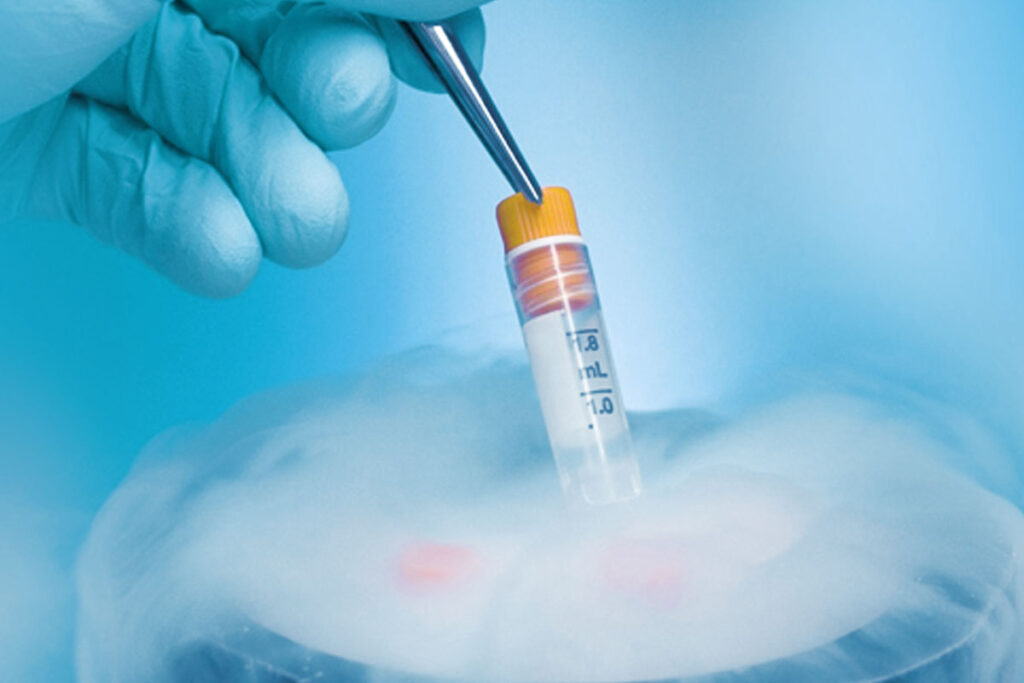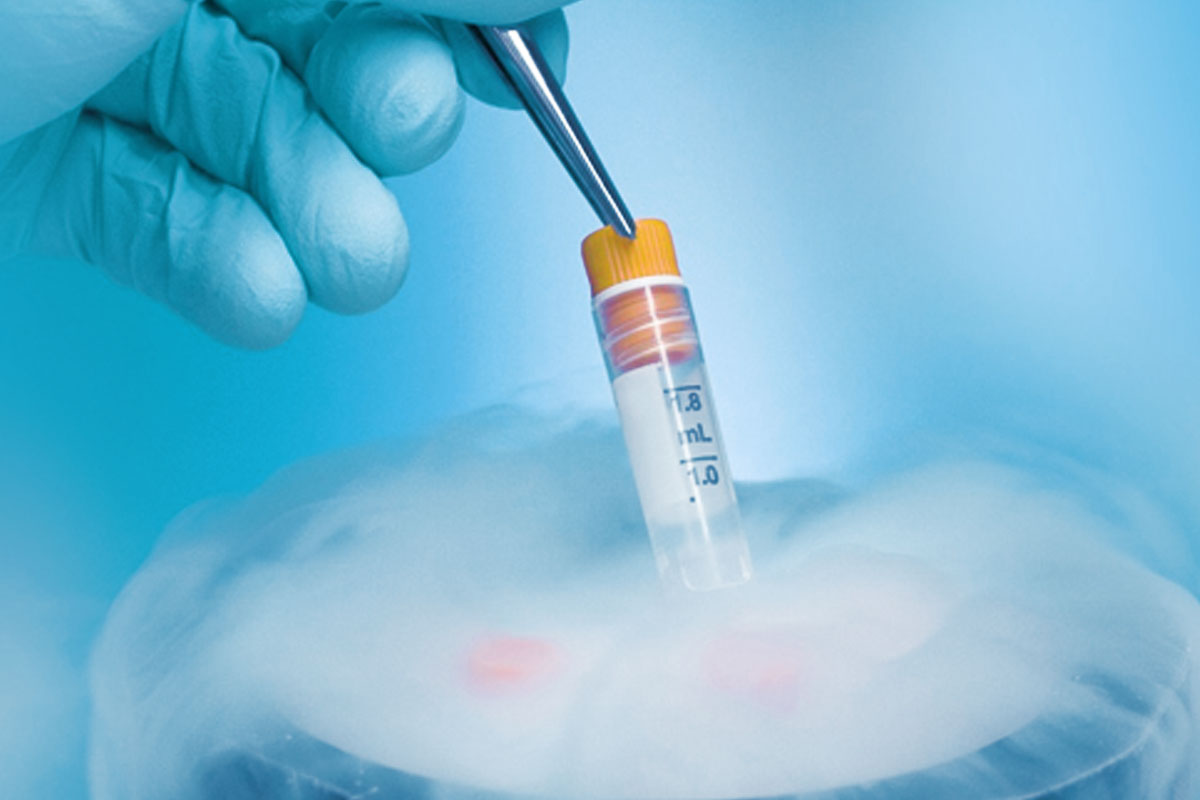
Embryo Freezing, also known as cryopreservation, is a reproductive technology that involves preserving embryos at very low temperatures for future use. Typically employed in the context of in vitro fertilization (IVF), surplus embryos not immediately transferred to the uterus are frozen. This allows individuals or couples to store viable embryos for later attempts at pregnancy. The process involves carefully controlled cooling to prevent ice crystal formation, ensuring the embryos’ integrity. Embryo Freezing provides flexibility in family planning, enabling the postponement of embryo transfer to align with optimal timing or addressing fertility challenges, increasing the chances of successful pregnancies in subsequent cycles.
Symptoms
Embryo Freezing itself does not cause symptoms. It is a procedure in assisted reproductive technology where surplus embryos from in vitro fertilization (IVF) cycles are preserved at low temperatures for future use. Individuals undergoing embryo freezing typically do not experience specific symptoms related to the process.
Causes
Embryo Freezing is not associated with specific causes but is a deliberate choice made during in vitro fertilization (IVF) procedures. It allows individuals or couples to preserve viable embryos for future use, providing flexibility in family planning, addressing fertility challenges, or aligning embryo transfer with optimal timing for increased chances of successful pregnancies.
Rehabilitation
Embryo Freezing does not typically require rehabilitation. After the freezing process, individuals can resume normal activities. The focus is on careful storage and thawing procedures when embryos are later needed for transfer. Emotional support may be beneficial, recognizing the unique aspects of preserving embryos for future fertility attempts.
Embryo Freezing F&Q
Embryo Freezing, or cryopreservation, is a technique in assisted reproductive technology where viable embryos from in vitro fertilization (IVF) cycles are preserved at low temperatures for future use.
It is performed to store surplus embryos, providing flexibility in family planning, addressing fertility challenges, or aligning embryo transfer with optimal timing.
No, Embryo Freezing itself does not cause symptoms. It is a controlled preservation process without associated physical sensations.
Embryo Freezing is a deliberate choice made during IVF, allowing individuals or couples to preserve embryos for future fertility attempts or addressing specific reproductive challenges.
No, specific rehabilitation is not typically required. Individuals can generally resume normal activities after the freezing process.
Embryo Freezing offers flexibility, allowing individuals to store viable embryos for later attempts at pregnancy, contributing to better family planning options and addressing reproductive concerns.











